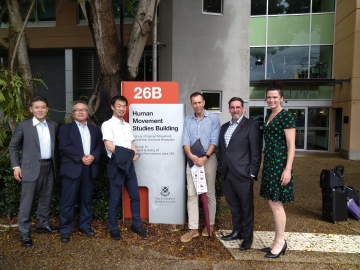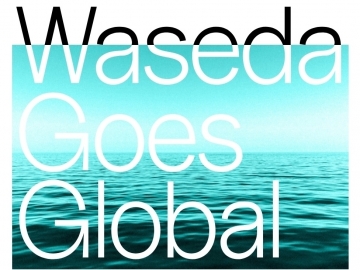The Center for Positive/Empirical Analysis of Political Economy, Waseda University, and the Waseda Institute of Political Economy (WINPEC) are organizing a seminar with Professor Ruben Juarez (University of Hawaii) as follows.
Title:
“Dynamics of Trust and Consumption of COVID-19 Information Implicate a Mechanism for COVID-19 Vaccine and Booster Uptake”
Speaker:
Ruben Juarez (Professor at the University of Hawaii Economic Research Organization and the Department of Economics at the University of Hawaii)
Date & Time:
16:30-18:00, December 22 (Thursday)
Venue:
Room 801, Building 3, Waseda Campus (in-person only)
Language:
English
Participants:
Open to all students, faculty members, and the general public
Registration:
No registration required
Abstract:
The following abstract has been taken from Professor Ruben Juarez’s paper under the same name, “Dynamics of Trust and Consumption of COVID-19 Information Implicate a Mechanism for COVID-19 Vaccine and Booster Uptake,” which can be viewed here.
Vaccine hesitancy remains a significant barrier to achieving herd immunity and preventing the further spread of COVID-19. Understanding contributors to vaccine hesitancy and how they change over time may improve COVID-19 mitigation strategies and public health policies. To date, no mechanism explains how trust in and consumption of different sources of information affect vaccine uptake. A total of 1594 adults enrolled in our COVID-19 testing program completed standardized surveys on demographics, vaccination status, use, reliance, and trust in sources of COVID-19 information, from September to October 2021, during the COVID-19 Delta wave. Of those, 802 individuals (50.3%) completed a follow-up survey, from January to February 2022, during the Omicron-wave. Regression analyses were performed to understand contributors to vaccine and booster uptake over time. Individuals vaccinated within two months of eligibility (early vaccinees) tended to have more years of schooling, with greater trust in and consumption of official sources of COVID-19 information, compared to those who waited 3–6 months (late vaccinees), or those who remained unvaccinated at 6 months post-eligibility (non-vaccinees). Most (70.1%) early vaccinees took the booster shot, compared to only 30.5% of late vaccinees, with the latter group gaining trust and consumption of official information after four months. These data provide the foundation for a mechanism based on the level of trust in and consumption of official information sources, where those who increased their level of trust in and consumption of official information sources were more likely to receive a booster. This study shows that social factors, including education and individual-level degree of trust in (and consumption of) sources of COVID-19 information, interact and change over time to be associated with vaccine and booster uptakes. These results are critical for the development of effective public health policies and offer insights into hesitancy over the course of the COVID-19 vaccine and booster rollout.
Contact:
Haruko Noguchi, Faculty of Political Science and Economics, Waseda University ([email protected])
Co-sponsor:
Center for Positive/Empirical Analysis of Political Economy, WINPEC








